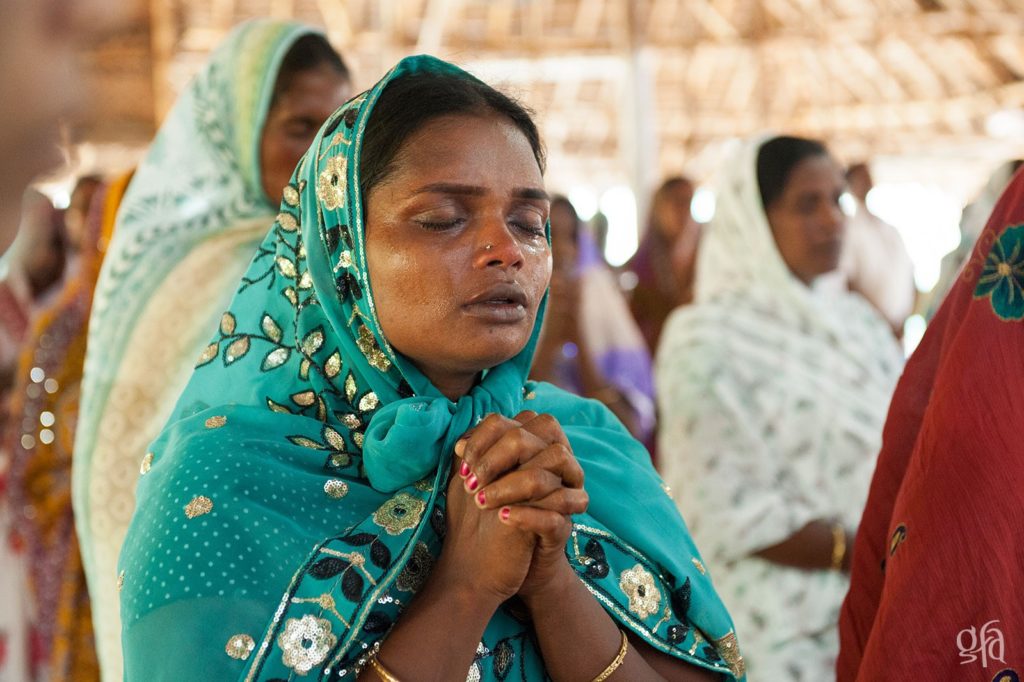WILLS POINT, TX – It is important for Christians to understand the concepts of human rights and social justice from the popular global perspective and in the light of the Word of God. It is, in fact, our responsibility to do so because the popular worldview and the Biblical worldview are not the same.
The Apostle Paul instructed believers to “Test all things; hold fast what is good.” (I Thessalonians 5:21) We need to test what the world says about human rights and social justice and test it against what Scripture says. This is especially important if what the world says about human rights and social justice is not copacetic with the Word of God.
Unfortunately, the terms have become aberrated by misuse and misguided application. Some ministries, especially those reaching out to the disadvantaged, have diluted the Great Commission into advocacy for human rights and social justice as the world defines them.
Human Rights
Inevitably, Americans turn to the unalienable rights outlined in the Declaration of Independence summarized as life, liberty, and the pursuit of happiness. It speaks to equal opportunity. The United Nations’ Universal Declaration of Human Rights lists 30 articles defining individual rights. Both of these documents focus generally on preserving individual human dignity via declaration.
Strictly speaking, being treated with dignity is a Biblical standard. We are all created in the image of God. Modern science affirms that we are individually and uniquely formed at conception with our own exclusive DNA.
The Ten Commandments and the Mosaic Law all speak to the preservation of human dignity in one form or another. However, and this is true throughout Scripture, our rights are limited to choosing or rejecting a relationship with Jehovah God through His Son, Jesus Christ. (John 14:6) On the other hand, this is not a right. Rather, it is an extension of His mercy and grace. Unless we accept His gift of salvation, we are under condemnation to eternal punishment for our sin. (John 3:16-18) Intrinsically, people under condemnation have no rights.
The rub is that the popular view of human rights boils down to “I have the right to want and to do whatever I please.” The tragic proliferation of abortions in the name of a woman’s rights is a leading example of how little regard so many have for the human rights of a unique human being waiting to be birthed.
The worldly view of human rights always chooses self and self-gratification above any other things, including the human rights of others. The Biblical worldview is not focused on human rights but upon human responsibility.
Social Justice
Humanitarian aid has generally clothed itself in the mantle of so-called social justice. The world has bought into the concept that, while human rights refers to equal opportunity, social justice refers to equal outcome.
The world’s idea of social justice is typically understood in terms of government-mandated redistribution of wealth and resources. This is why so many governmental and non-governmental agencies seek complete eradication of poverty, disease, and injustice.
This popular view of social justice actually propagates social injustices.
The Bible tells us that we will never eradicate poverty. (See Matthew 26:11, Mark 14:7, and John 12:8). It is also clear that diseases will continue as part of the curse of sin and describes diseases and plagues to come during the future Time of Jacob’s Trouble.
Which leads us to the Biblical perspective of social justice.
Our Christian mandate is not to eliminate disparities in society. It is to identify those disparities, then to minister with compassion and conviction to those in need on an individual basis.
James 1:27 explains that,
“Pure and undefiled religion before God and the Father is this: to visit orphans and widows in their trouble, and to keep oneself unspotted from the world.”
We know that the Word of God is the truth. Jesus asked the Father to “Sanctify them by Your truth. Your word is truth.” (John 17:17) There is, therefore, no debate over what we are to hold fast to. It is God’s Word that is the “lamp to my feet and the light to my path” that we should follow.
Pray for Gospel for Asia and other Biblically-motivated agencies as we minister with compassion and conviction to share the love of Jesus to those in need.
To read more news on social justice on Missions Box, go here.
Sources:
- The Gospel Coalition, The Christian Roots of Human Rights
- Compelling Truth, What is a Biblical View of Human Rights?
- Focus on the Family, What the Bible Says About “Human Rights” and “Social Justice”
- Slow to Write, Social Justice Is a Threat to Human Rights and the Gospel
Image Source:
- Gospel for Asia, Photo of the Day
For more information about this, click here.





